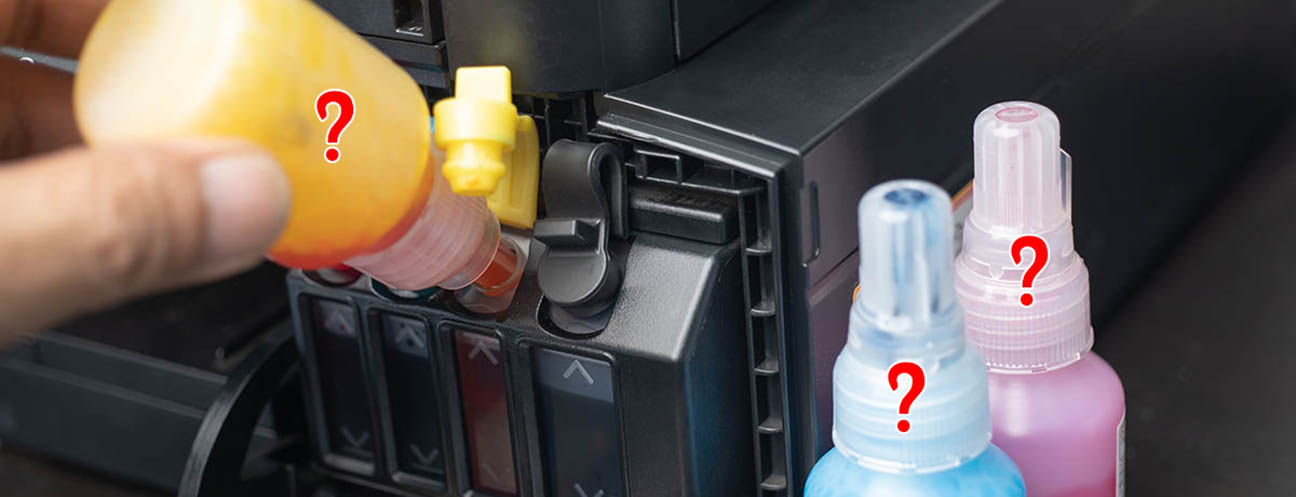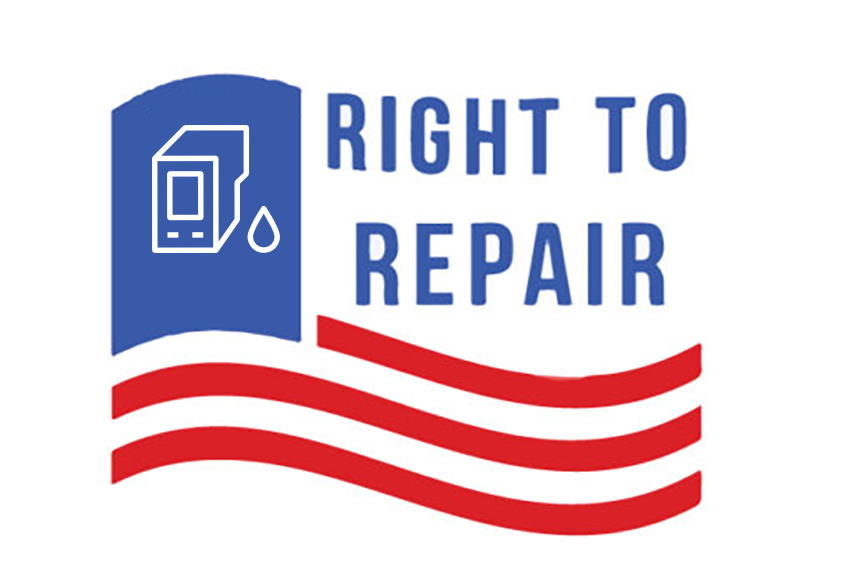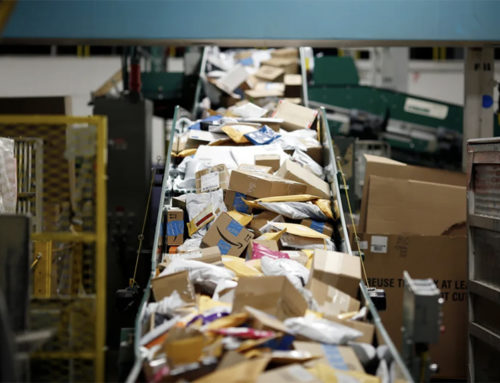In the realm of inkjet printing, a clash of ideals has emerged, pitting the right to repair and sustainability against corporate interests. Epson, a renowned ink cartridge and printer manufacturer, recently made headlines when it filed and settled a lawsuit with Planet Green Cartridges, a company specializing in the remanufacturing of empty ink cartridges, including Epson brand. While this legal battle may seem like a skirmish in the world of technology, it embodies a much larger debate about the environment, consumer choice, and the right to repair.
At the heart of this dispute lies a crucial issue—the ability to reuse and remanufacture ink cartridges, a practice that plays a pivotal role in reducing electronic waste. Planet Green Cartridges, in their commitment to sustainability, sought to recycle and remanufacture empty Epson ink cartridges. This process, while environmentally responsible, hinges on the use of replacement chips to reset and allow these cartridges to function again.
Epson, on the other hand, took legal action against Planet Green Cartridges, citing infringement on a patent related to the circuitry chip used in the remanufacturing process. This battle spotlights the clash between corporate interests and the broader sustainability goals of recycling and reusing.
Epson has often touted its commitment to sustainability, but the lawsuit against Planet Green Cartridges raises questions about the extent of that commitment. While the company promotes recycling through initiatives like its EcoTank series of refillable printers, it simultaneously restricts the recycling of empty ink cartridges.

The predicament lies in the design of Epson’s ink cartridges. Once these cartridges are used, their chips render them unusable in printers. This design choice prevents consumers from refilling their own cartridges or remanufactures like Planet Green from collecting and recycling them, relegating millions of cartridges to landfills each year.
The consequences of this conflict extend beyond legal proceedings. Epson’s lawsuit could be seen as a challenge to the broader right-to-repair movement, which advocates for consumers’ ability to repair and reuse their devices and consumables. By restricting the remanufacturing of its ink cartridges, Epson limits consumer choices and contributes to electronic waste.
Epson’s EcoTank series, heralded as a green alternative, comes under scrutiny in this context. While these printers offer refillable ink tanks as an eco-friendly option, they sidestep the issue of empty ink cartridges. Millions of traditional Epson cartridges are sold and cannot be reused, making EcoTank seem more like a form of greenwashing—a practice where a company promotes environmentally friendly initiatives to deflect from less eco-friendly practices.
The lawsuit between Epson and Planet Green Cartridges serves as a microcosm of the larger debate surrounding sustainability, electronic waste, and the right to repair. As consumers become increasingly aware of the environmental impact of their choices, companies like Epson may need to reevaluate their practices.
Ultimately, the right to repair and the push for sustainability are intertwined. It’s a call for a future where consumers have the freedom to recycle, remanufacture, and make choices that reduce electronic waste. The outcome of this lawsuit may influence the trajectory of not just ink cartridges but the broader landscape of consumer electronics and environmental responsibility.






